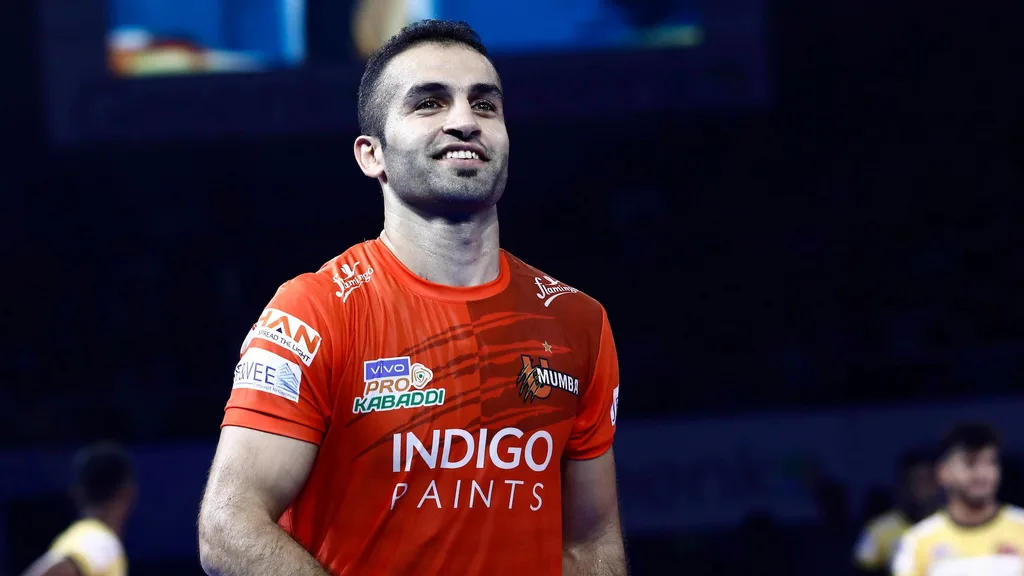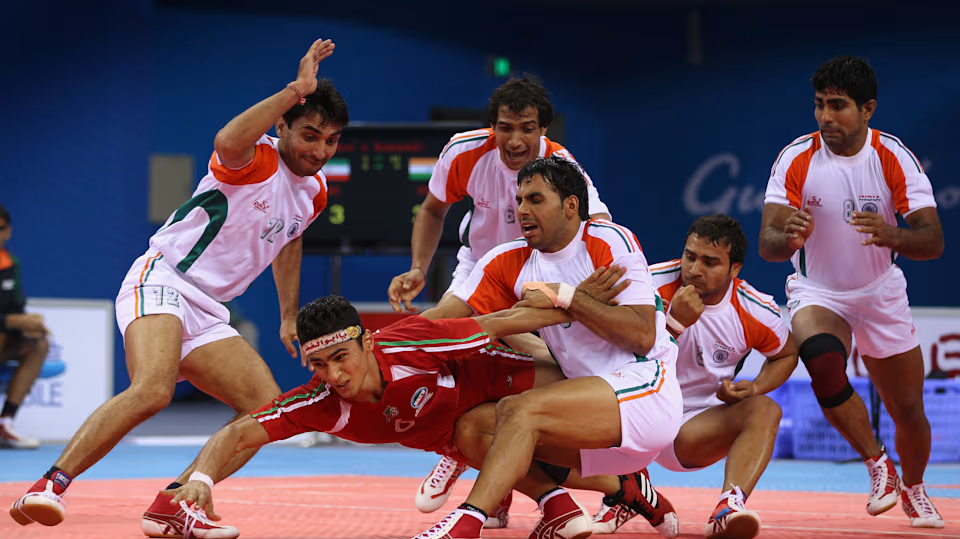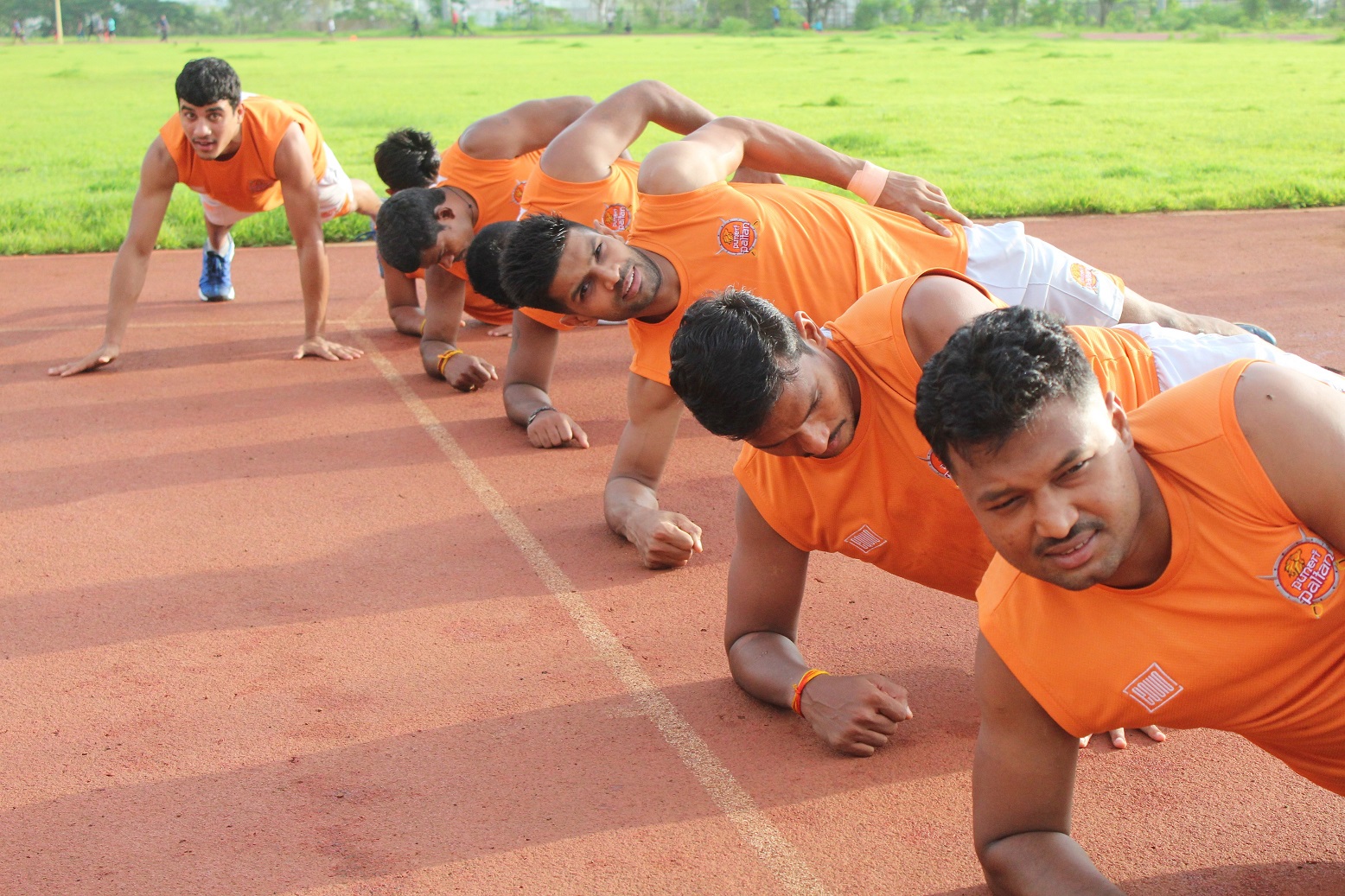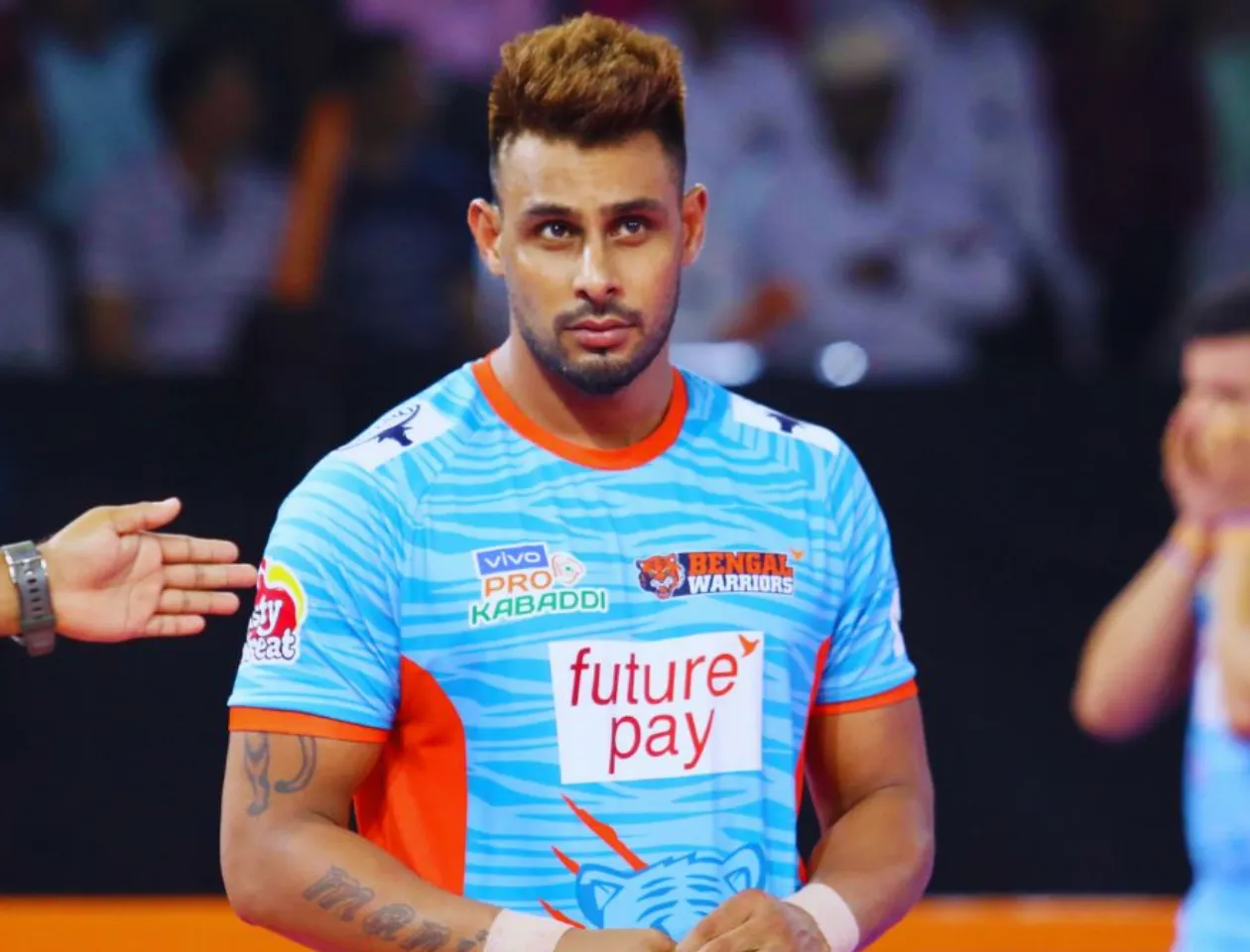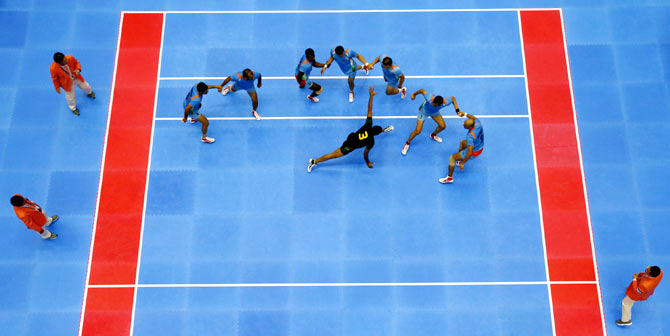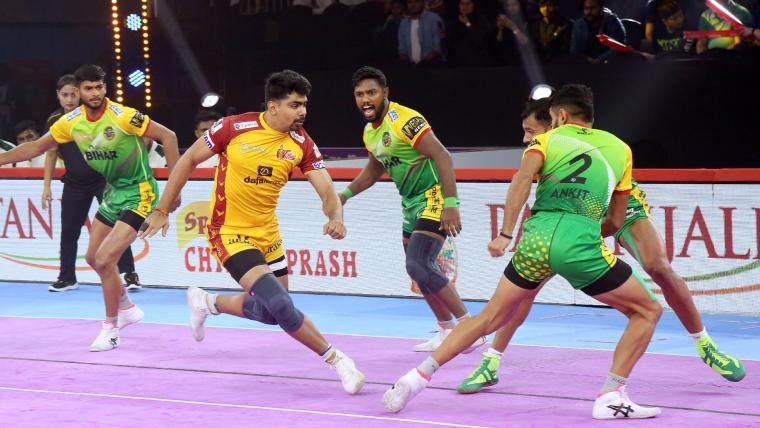In Kabaddi, the captain is not just the leader of the team on paper; they are the guiding force on the mat, influencing every play, every decision, and every action taken by their teammates. A successful Kabaddi captain must be an exceptional leader, capable of inspiring and motivating the team while maintaining focus on both the immediate task at hand and the long-term success of the squad. This article explores the critical role of a Kabaddi captain, the qualities that make an effective leader, and the impact they have on team performance.
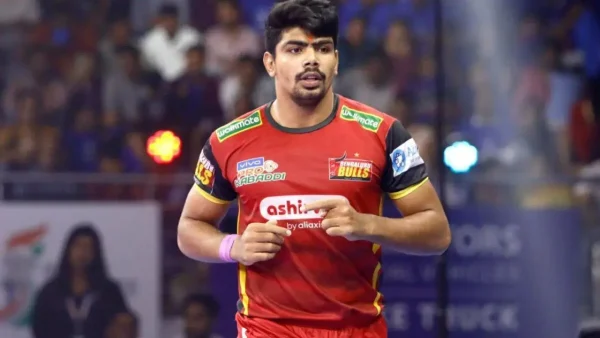
- The Role of the Kabaddi Captain – More Than Just a Title
The Kabaddi captain is the heart and soul of the team. They are responsible for leading by example, making key decisions during the game, and ensuring the team remains focused on their objectives.
Key Responsibilities of a Kabaddi Captain:
- Strategic Decision-Making: The captain must make critical decisions on when to raid, when to defend, and when to make substitutions. These decisions can have a huge impact on the outcome of the match.
- Motivating the Team: The captain plays a key role in keeping the team motivated, especially during challenging or high-pressure moments. Their ability to maintain a positive and calm demeanor under stress is vital for keeping the team focused.
- Inspiring Confidence: A Kabaddi captain should inspire confidence in their teammates. The team looks to the captain for guidance, and when the captain exudes confidence, it boosts the morale of the entire squad.
Advanced Tips for Kabaddi Captains:
- Lead by Example: As the captain, it is important to always maintain a high level of commitment and work ethic. Leading by example encourages teammates to mirror the captain’s attitude and effort.
- Effective Communication: The captain should maintain open lines of communication with all team members, whether during training or in the middle of a match. Clear communication helps the team execute strategies effectively and stay synchronized.
- Leadership Qualities That Make a Great Kabaddi Captain
While every player on the team has their own strengths, the captain must possess unique qualities that set them apart as a leader. These qualities help ensure that the team functions well as a unit and maximizes its potential.
Important Leadership Qualities for Kabaddi Captains:
- Confidence and Composure: Kabaddi matches can be intense, and the captain must stay composed, even under pressure. Their confidence in making decisions helps instill confidence in the rest of the team.
- Tactical Intelligence: A captain must have a deep understanding of Kabaddi tactics and the ability to read the game. They should be able to adjust their strategy based on the opponent’s movements and the evolving match conditions.
- Decision-Making Under Pressure: A Kabaddi captain is often faced with split-second decisions that can alter the course of the game. Whether it’s calling for a time-out, making a substitution, or deciding when to go for a raid, the captain’s decision-making ability is crucial.
Advanced Tips for Enhancing Leadership Skills:
- Stay Calm in Critical Moments: In crucial moments of the match, it’s important for the captain to remain calm and make clear, rational decisions. This calmness will spread throughout the team, helping them stay focused and make smart choices.
- Build Trust with Teammates: A successful captain earns the trust of their teammates by consistently making wise decisions and supporting them during both good and bad moments.
- The Captain’s Influence on Team Dynamics and Chemistry
The captain is a central figure in maintaining team dynamics and ensuring that players work together cohesively. The influence of a captain can be seen not only in their tactical decisions but also in how they manage team morale and interpersonal relationships.
How a Captain Influences Team Chemistry:
- Setting the Tone: The captain is responsible for setting the tone of the match, whether it’s aggressive, defensive, or strategic. Their attitude and approach influence how the team approaches different phases of the game.
- Conflict Resolution: Disagreements or differences of opinion can arise during high-stress matches. A strong captain can mediate and resolve conflicts quickly, ensuring the team stays unified and focused.
- Fostering Team Unity: A great captain promotes teamwork and unity both on and off the mat. Encouraging players to support one another creates a sense of collective responsibility that helps drive the team forward.
Advanced Tips for Building Team Chemistry:
- Encourage Collaboration: Encourage players to communicate and collaborate with each other. A team that works well together is more likely to succeed, and the captain should facilitate this collaboration.
- Celebrate Team Successes: Recognize and celebrate both individual and team achievements. When players feel valued and appreciated, it strengthens the bond between teammates.
- Managing Stress and Pressure as a Kabaddi Captain
Kabaddi is an intense sport, and captains often find themselves under immense pressure to perform well. Whether it’s managing the team’s morale, making key decisions, or responding to changing situations, a captain must be able to handle stress effectively.
Tips for Managing Stress as a Captain:
- Focus on the Bigger Picture: While the pressure may be overwhelming at times, it’s important for the captain to maintain focus on the bigger picture. Remind yourself of the long-term goals and keep the team’s overall success in mind.
- Trust Your Team: A good captain doesn’t carry the weight of the game alone. Trusting your teammates to execute the game plan and support each other reduces the stress on the captain’s shoulders.
- Take Breaks and Refocus: If the pressure becomes too much, the captain can take a brief moment to refocus. Whether it’s a quick conversation with a teammate or a deep breath, refocusing allows the captain to regain composure.
- Building the Future of Kabaddi through Strong Leadership
Kabaddi is continuing to grow, and strong leadership is essential for taking the sport to new heights. As teams look to build future champions, they need captains who can lead with intelligence, integrity, and a deep understanding of the game.
How Effective Leadership Shapes the Future:
- Mentoring Future Leaders: Great captains don’t just lead in the present—they mentor future leaders. By guiding younger players and helping them develop leadership qualities, a captain contributes to the long-term growth of the team.
- Promoting Kabaddi’s Growth: Captains have the ability to inspire both their teammates and fans. Their leadership on the mat can raise the profile of Kabaddi, helping it gain recognition on the global stage.
Advanced Tips for Developing Leadership:
- Develop Leadership Skills in Training: Captains should focus on developing their leadership skills in training, learning how to manage pressure and lead their team effectively in different match scenarios.
- Inspire Through Action: Actions speak louder than words. Captains should demonstrate what it means to be a leader by staying positive, disciplined, and focused.
